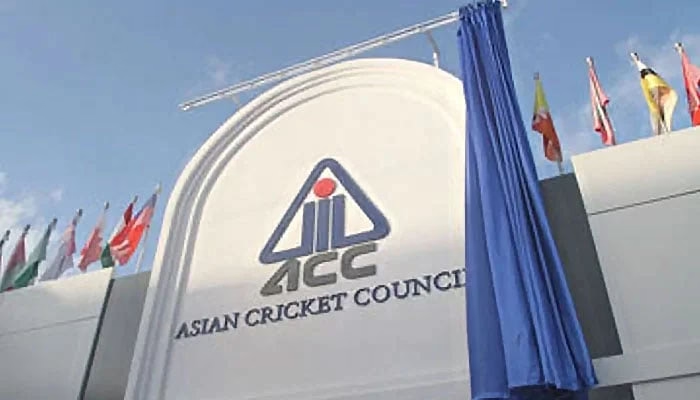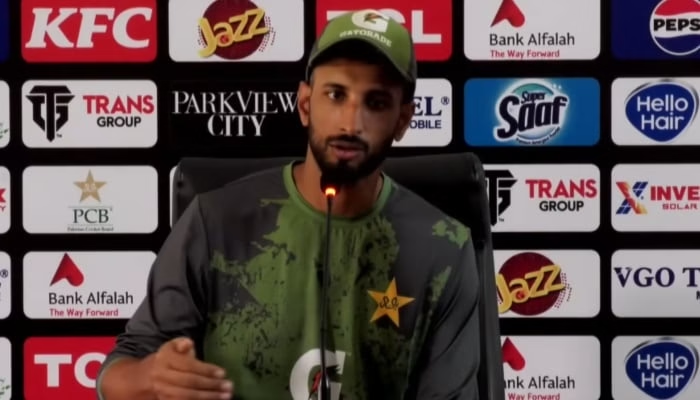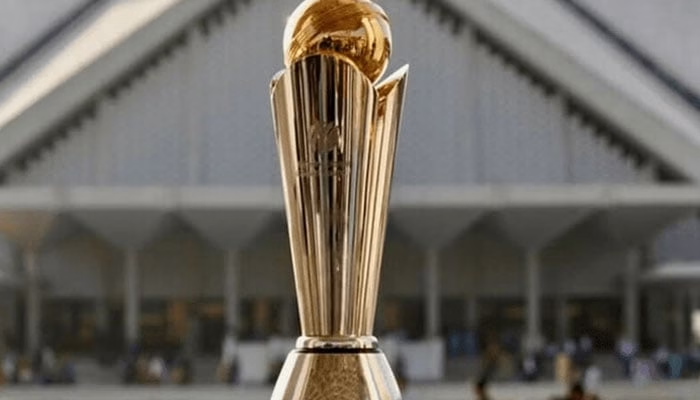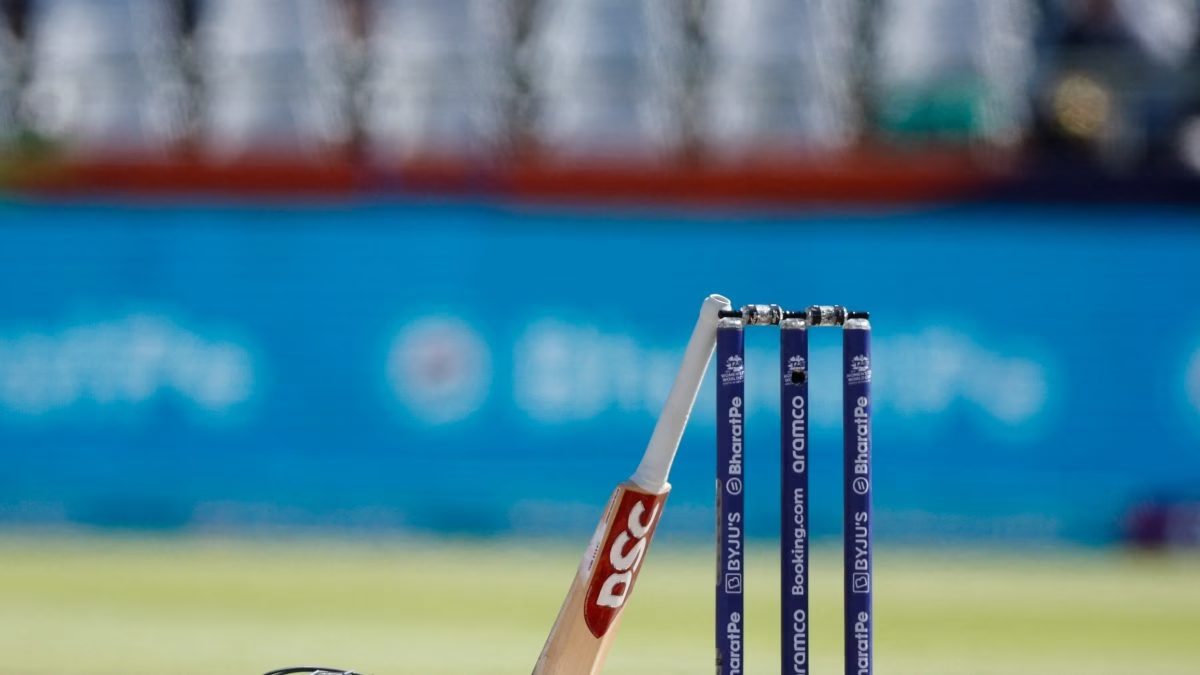Amid escalating political tensions with Bangladesh, India has openly opposed the decision to hold the Asian Cricket Council (ACC)’s annual general meeting in Dhaka on July 24, launching a diplomatic and cricketing campaign to shift the venue. The meeting was scheduled by ACC President Mohsin Naqvi, who has remained steadfast in his decision despite growing pressure from the Indian side.
India Pushes Back Against Dhaka Venue
India, citing political instability in Bangladesh, was the first to raise objections to Dhaka as the host city. Since then, the Board of Control for Cricket in India (BCCI), backed by the Indian government, has intensified efforts to convince ACC member nations to support moving the venue elsewhere. According to sources close to the matter, several member boards have reportedly been offered incentives or political favors in exchange for siding with India on this issue.
The BCCI, led by Jay Shah—who also serves as ICC Chairman—has reportedly sent formal communication to the ACC arguing that the current political climate in Bangladesh is unsafe for an Indian delegation to attend in person. This reasoning has been met with skepticism by many member nations, as the same conditions haven’t deterred other countries from confirming their attendance.
Member Nations Push Back
Despite India’s lobbying, the majority of ACC members are supporting Mohsin Naqvi and the original decision to host the meeting in Dhaka. Notably, Sri Lanka and Oman have already expressed their willingness to attend the session in Bangladesh. These nations, along with others, argue that the meeting should not be politicized and that the cricketing agenda must proceed without interference.
In fact, a Pakistan vs Bangladesh cricket series is scheduled to coincide with the ACC meeting in Dhaka, providing a suitable backdrop and additional reason to host the event there. Member nations attending the series are also expected to participate in the council meeting, strengthening the case for the Dhaka venue.
ACC Stands Firm
The Asian Cricket Council, under the leadership of Mohsin Naqvi, has reiterated its commitment to holding the meeting in Dhaka as planned. The ACC issued 15-day advance notices to all member countries, giving ample time for travel and logistical preparation. Additionally, to accommodate countries that may have security or logistical concerns, the ACC has offered online participation options—a now-standard format in global sports governance, including within the ICC and previous ACC meetings.
A senior ACC official stated that online attendance is a viable alternative for any board unable to travel. This meeting must go ahead for the benefit of Asian cricket.
Rising Tensions Between BCCI and ACC
Observers note that this standoff is not merely about logistics or safety but may reflect broader political and power dynamics between India and other cricketing nations in Asia. India’s attempt to leverage its cricketing influence, particularly via Jay Shah’s dual roles in the BCCI and ICC, is being viewed as a move to undermine regional leadership—particularly Pakistan’s growing stature within the ACC under Naqvi.
The standoff is also being linked to India’s deteriorating political relations with Bangladesh and Islamabad’s strong ties with Dhaka, especially in light of Pakistan’s role in scheduling and facilitating the concurrent cricket series.
What Happens Next?
The ACC meeting is still scheduled to be held in Dhaka on July 24, with an internal huddle expected a day earlier, on July 23, between participating member nations. Despite India’s attempts, there is currently no formal resolution to relocate the venue.
However, Indian media reports suggest that if the ACC refuses to shift the location, the BCCI may boycott the meeting entirely, a move that could have long-term implications for regional cricket diplomacy.
Sources familiar with the developments believe that Pakistan’s firm stance and support from other member countries may result in the meeting proceeding as planned, albeit with India potentially absent. This could mark a defining moment in Asian cricket politics, testing the unity of the ACC and its ability to resist undue influence from dominant cricket boards.
For now, all eyes are on July 24 in Dhaka, as the ACC prepares to move forward with or without the BCCI at the table.



